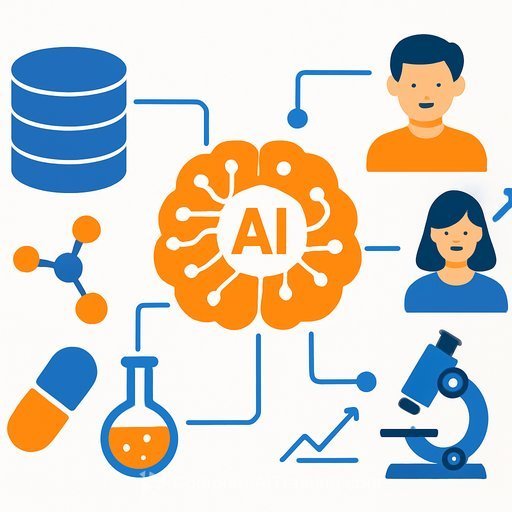Cisco and KAUST Launch Artificial Intelligence Institute in Saudi Arabia
Announced on October 31, 2025, Cisco and King Abdullah University of Science and Technology (KAUST) have launched a new Artificial Intelligence Institute in Saudi Arabia, with the support of His Royal Highness Prince Abdulaziz bin Salman.
The goal is clear: build a leading center for AI research, development, and education inside the Kingdom. The Institute brings together Cisco's engineering depth and KAUST's research capability to turn AI into measurable outcomes tied to national priorities under Vision 2030.
Why this matters for scientists and engineers
Saudi Arabia is investing to develop local AI capability, not just deploy imported tools. This Institute is set up to connect core research with industry-grade implementation, so ideas can move from lab to live systems.
For researchers, that means easier access to partners, practical datasets, and funded paths to scale prototypes into pilots.
Expected focus areas
- Arabic-first AI: NLP, speech, and multimodal models optimized for Arabic and regional contexts.
- Networked/edge AI: AI on secure networks, edge inference, and observability-areas where Cisco's stack is relevant.
- Applied AI for national priorities: Energy efficiency, water and environment, logistics, healthcare, and smart infrastructure.
- Workforce development: Industry-aligned curricula, internships, and practitioner-led training to scale local expertise.
- Responsible AI: Governance, auditability, privacy, and safe deployment practices.
What this could enable
- Shared compute and data access: Centralized resources and vetted datasets to speed up experimentation.
- Joint labs and testbeds: Industry-academia projects with clear milestones and deployment targets.
- Translational research pipelines: From prototype to field trial with defined handoffs, funding gates, and support.
- Public-private grants: Calls that back teams pairing core research with implementation plans.
How researchers can plug in
- Watch for calls for proposals and seed grants from KAUST and Cisco; prepare concise, outcome-focused abstracts.
- Propose high-impact datasets (with documentation and licensing) that advance Arabic AI or key sectors.
- Join working groups and workshops to align on standards, baselines, and evaluation protocols.
- Co-advise industry-funded theses and postdoc projects with deployment commitments.
- Open-source reproducible baselines where possible to speed collective progress.
KAUST's research ecosystem is built for this kind of collaboration. If you're nearby or already connected to the university, keep an eye on official channels for program details: KAUST.
Signals to watch next
- Institute leadership appointments and affiliated labs.
- First RFPs, grant programs, and industry challenge statements.
- Announcements on compute capacity, data commons, and access policies.
- Initial education tracks, certificates, and internship pathways.
- Early publications, open datasets, benchmarks, and pilot deployments.
Bottom line: this Institute is set up to turn research into deployment. If your work touches AI methods, infrastructure, or high-impact applications in the region, this is a strong moment to align your roadmap.
If you're upskilling or mentoring teams, here's a curated route to practical training and certifications: AI courses by job.
Your membership also unlocks:






